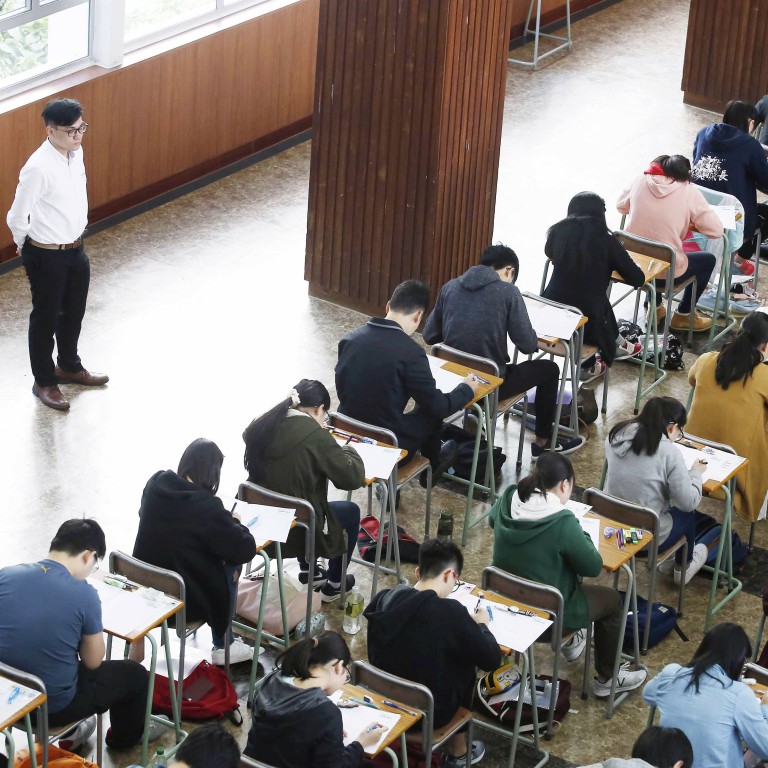
Cultural predilection for graduate career paths must change
- Hong Kong parents want their children to go to university and graduate with degrees in medicine, law or finance
- But the market increasingly needs people with skills in management, administration and technology
What Hong Kong society wants and the city needs are not one and the same. Parents want their children to go to university and graduate with degrees in medicine, law or finance. But the market needs people with management and administrative as well as professional skills and increasingly, know-how in science and technology. The cultural predilection for particular career paths has to change to prevent a growing mismatch that could hamper our city’s growth and development.
Fresh graduates are only too aware that a shift in the economy is taking place. A study by the public policy group new Century Forum confirmed their suspicions; compared to 1997, they are earning less and increasingly are being forced into jobs like assembly worker, clerk or sales assistant. In the 20 years to 2017, their median monthly starting salary fell from HK$15,457 to HK$14,395, while the percentage unable to find a job in their chosen field and doing unskilled work rose from 8.4 to 16.4. The conclusion is that universities are not adequately training students to meet the employment needs of the community.
Without change, both in the mindsets of parents and university staff responsible for designing courses, matters will only get worse. Finance and property are a significant part of the economy, yet our future lies in the opportunities offered by the “Greater Bay Area” development plan. Some jobs will be in the financial sector, but numerous others will require researchers, scientists and Information Technology experts with skills in tech support, programming, security, network engineering, computer systems analysis and the like. Our universities are not geared-up to produce the quality and quantity of specialists that will be needed.
Hong Kong falls six places to 18th in global talent ranking, trailing Singapore
Vocational training and apprenticeships offer an obvious solution. The system has worked well for centuries in Germany, which is why it is a global powerhouse in innovation, technology and pharmaceuticals. Secondary school students choose education streams that will lead them to either universities or the apprenticeship system, which guarantees them a job on graduation. There is a high level of private-sector involvement in apprenticeships through providing internships and helping shape courses.
Hong Kong already has a good vocational training system, but it is not culturally embraced as in Germany. The majority of Hong Kong parents look down on such courses, considering university education academically and socially superior. Changing mindsets does not come easily given the stigma, even with Chief Executive Carrie Lam Cheng Yuet-ngor having promised to improve government promotion of vocational and professional training. Such skills are growing in demand and without them, Hong Kong will be worse off.

